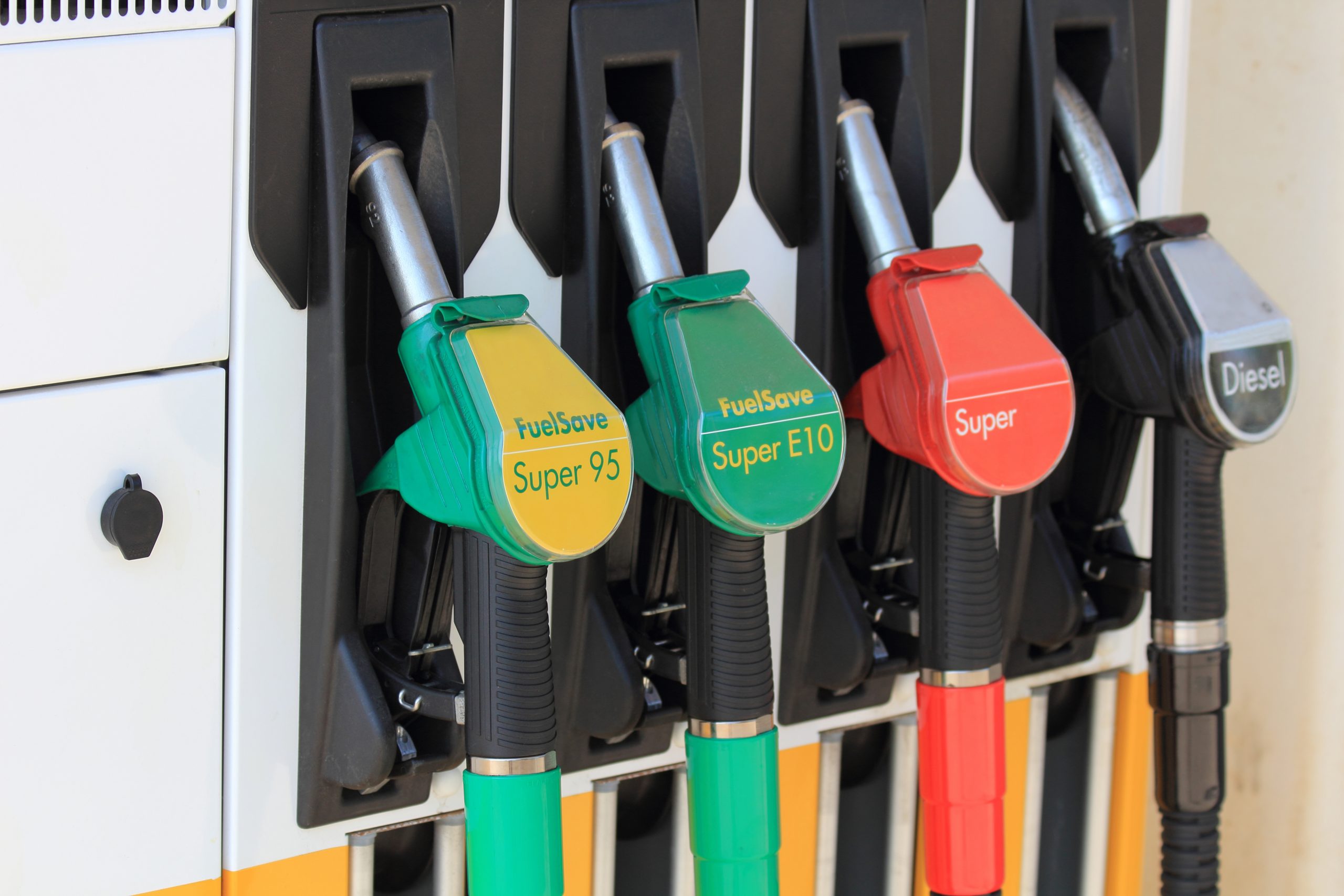Household Bills
Clampdown on rip-off fuel retailers

A new Government scheme will call out rogue retailers that overcharge drivers at the fuel pumps.
A new comparison website will also help drivers easily compare fuel prices in real time which the Government says will boost competition and drive down prices. The comparison service will help drivers easily identify those retailers charging fair prices and those failing to pass on savings from falling wholesale costs.
The Government will change the law to force retailers to comply by providing up-to-date price information, which is expected to lead to greater transparency and competition.
The new scheme will make pricing data available for third parties, paving the way for them to create price comparison apps and websites.
Overcharging for fuel
The action by the Government follows publication of a Competitions and Markets Authority (CMA) report which shows how some supermarkets have been overcharging drivers for fuel. The inquiry found that an increase in margins on diesel across all fuel retailers cost drivers an extra 13p per litre during the first five months of this year.
New powers will be handed to a public body (yet undecided) that will closely monitor the UK road fuel market, scrutinise prices and alert government if further intervention is needed.
Grant Shapps, energy security secretary, said: “Some fuel retailers have been using motorists as cash cows – they jacked up their prices when fuel costs rocketed but failed to pass on savings now costs have fallen.
“It cannot be right that at a time when families are struggling with rising living costs, retailers are prioritising their bottom line, putting upwards pressure on inflation and pocketing hundreds of millions of pounds at the expense of hardworking people.
“Today, I’m putting into action the CMA’s recommendations and standing by consumers – we’ll shine a light on rip-off retailers to drive down prices and make sure they’re held to account by putting into law new powers to increase transparency.”
More action needed
The CMA’s report found a concerning weakening of competition in the fuel market and an overall increase in retailers’ margins, especially in respect of diesel and with supermarkets the worst offenders. The RAC has repeatedly accused retailers of overcharging drivers for fuel.
The report recommends the mandatory public disclosure of fuel prices and establishment of a body to monitor the market, which the government has agreed to.
The government will consult on the design of the open data scheme, and market monitoring function this autumn – with changes to the law needed to bring it in. In the interim, the CMA will create a voluntary scheme encouraging fuel retailers to share accurate, up-to-date road fuel prices for publication by August and continue to monitor fuel prices using its existing powers.
The move follows a similar scheme in Germany, which boosted competition amongst fuel retailers.
Consumer groups and campaigners welcomed the news, but also called for action on food prices.
Sue Davies, Which? head of food policy, said: “It’s disappointing that supermarkets have charged people more than they should have done for petrol – an essential for many people – at a time when food and energy costs have risen to stubbornly high levels but it is good to see the CMA and the Government respond so quickly to the regulator’s findings. We hope to see the same amount of urgency if issues are found in the grocery sector.
“Supermarkets need to make sure they act fairly on both fuel and food prices. On food, they need to help their customers by committing to stocking essential budget ranges in all their stores, particularly in areas where people are most in need, as well as make pricing much clearer so shoppers can compare prices and find the best value products.”